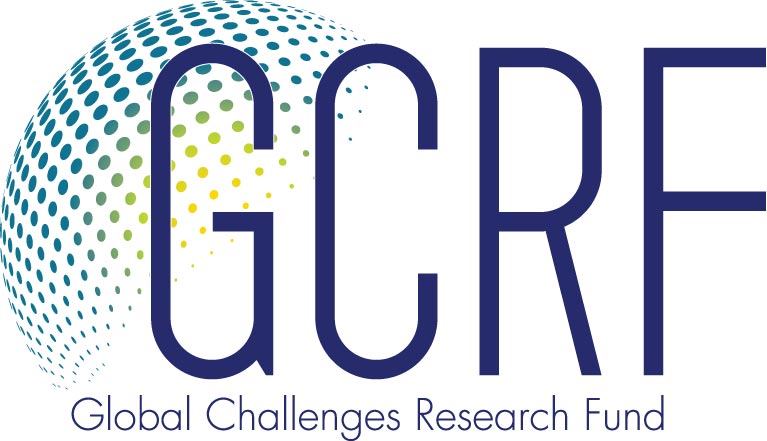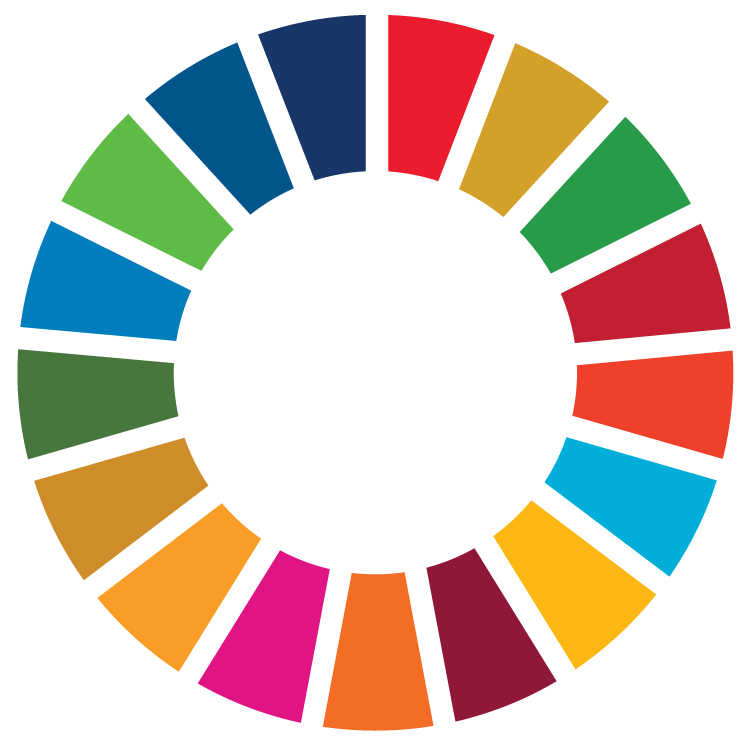
TOCASA (Trade-offs in communal areas in South Africa)
Funders
BBSRC (Biotechnology and Biological Sciences Research Council), GCRF (Global Challenges Research Fund)


Value
£789,256
Duration
2 years starting 01/04/2019
In light of COVID-19, the project will run for 36 months until the end of March 2022.
Collaborators
Rothamsted Research (UK), Conservation South Africa, Stellenbosch University and Rhodes University.
Team
James Bennett, Stefanie Lemke, Heidi-Jayne Hawkins (CSA), Cletos Mapiye (SU), Tony Palmer (RU)
CAWR Themes
Resilient Food and Water Systems in Practice and Policies and Institutions for Resilient Food and Water Systems
Sustainable Development Goals
GOAL 1: No Poverty
GOAL 5: Gender Equality
GOAL 10: Reduced Inequality
GOAL 15: Life on Land
GOAL 16: Peace, Justice and Strong Institutions
GOAL 17: Partnerships

Project Objectives
The overall aim of this project is to evaluate trade-offs between novel range management practices (intensified planned grazing, corralling and removal of woody plants) so that production, ecosystem function and livelihood outcomes are enhanced in a way that is socially appropriate for 345 local people on 8 000 ha of communal range and crop lands in SA, with a potential to reach up to 2000 people on 50 000 ha of land over two years.
The project’s specific objectives are to:
- Analyse the conceptual linkages between regulatory frameworks, local institutions and livelihoods and how these shape behaviours and range management practices in communal systems, with a focus on marginalized groups.
- Co-construct stakeholder priorities for use of communal grazing lands and identify associated trade-offs.
- Evaluate planned grazing and application of IAP-biomass and biochar as tools to increase soil carbon and fertility on range and cropland.
- Quantify the impact of thinning woody plants and removing IAPs on potential evapotranspiration and soil water availability in communal catchments.
- Evaluate the use of cleared alien woody plants as a livestock fodder.
- Model productivity gains as balanced against ecosystem function, plant diversity and soil characteristics from the various trials
- Use the model outputs to explore trade-offs associated with different rangeland management practices and alternative land use scenarios and how these fit with the stakeholder objectives.
Impact
This project involves working with six local communities in the Matatiele area of Eastern Cape Province, South Africa, to explore alternative rangeland management strategies that yield livelihood benefits for local people as well as improved ecosystem benefits. Specifically, we will test the role of intensive grazing and corralling of community livestock, in conjunction with the removal of Invasive Alien Plants (IAPs) to increase primary production of grassland, soil carbon and fertility and water availability, as well as improve livestock productivity. As part of this we propose the novel use of the removed IAPs as a soil amendment and as a supplemental feed for livestock. In order to link these different production outcomes the project will develop an integrated model of livestock and rangeland production. We will use the outcomes of this model to explore the potential trade-offs between local people and environment and between different groups of stakeholders (e.g. between conservationists and local farmers and between different groups of farmers) in the context of clearly defined ‘scenarios’ for the use of communal rangelands, which will be co-developed with local stakeholders. Importantly, these scenarios will give voice to the more marginalised members of local communities such as women, who many not have livestock and have greater dependency on the harvesting of natural resources. The trade-off outcomes will be shared with local stakeholders and used to support decisions about how best to make use of the alternative rangeland management techniques to achieve the different land use scenarios they have identified.
The proposal is unique in that it is the first attempt to use an integrated model of animal and plant production to explore trade-offs between different production scenarios in a communal grazing system in South Africa. If successful the approach has potential for extrapolation to many more communities throughout Eastern Cape Province and other communal grazing areas of South Africa through an existing ‘Herding for Health’ initiative that the project builds on.
Outputs
Initial Stakeholder Workshop and Focus Groups, October 2019
- Stakeholder Workshop Report: Trade-offs in Communal Rangeland Systems in South Africa
- Stakeholder workshop video
- Key Issues from Stakeholder Workshops in Mvenyane
- Stakeholder workshop report: Sustainable governance of the rangeland commons in South Africa
- Trade-offs in communal rangelands workshop report, isiXhosa translation
Papers presented at International Rangelands Congress, October 2021:
- Palmer et al 2021 Modelling Catchment-Scale Evapotranspiration and Net Primary Productivity
- Hawkins et al 2021 Modelling Grazing and Burning in Communal Rangelands
- Bennett et al 2021 People-Environment Trade-offs in Managing Communal Rangelands of South Africa
Final Stakeholder Workshop: Presentations and Final Report 2022
- TOCASA Final Workshop, Bennett and Marandure presentation
- TOCASA Final Workshop, Stellenbosch feed experiment presentation
- TOCASA Final Workshop, Land use plans presentation
- TOCASA Final Workshop, Carbon and water trade-offs presentation
- TOCASA Final Report
Theses and Published Papers
- Lovelyn Mushunje MSc thesis: Evaluating the potential of Acacia as a feed supplement for sheep
- A conceptual framework for understanding ecosystem trade-offs and synergies, in communal rangeland systems
For more information on this project please contact James Bennett.




